Into the Dark we go.
Hunt the Night is a retro-style action adventure game that takes the classic approach of the old-school Legend of Zelda and fuses it with the darker, more tactical combat of something like Bloodborne. While the game pulls off this combination, and quite well actually, a few components of its controls and intentional vulnerability can sometimes get in the way of the fun.
Developed by Moonlight Games, Hunt the Night places you in the combative boots of Vesper, a virtuous member of the “Stalkers” as you navigate the world of Medhram. As you explore the dark horrors around you, you’ll have to contend with challenging bosses and grotesque abominations that will test every skill you have at your disposal.
Hunt the Night takes place in the 9th Age of Humanity, where during the day, humanity finds its way to survive. However, during the night, every chance to cling to life becomes increasingly more difficult and seemingly impossible. This war for the survival of humanity was fought by the Stalkers, a group of humans that discovered how to use the power of the darkness to combat the evils that lurk in the night.
While their efforts started to show promise, it wasn’t enough, and eventually, they found an artifact called the ‘Seal of Night’, allowing them to halt the progress of night and live in an everlasting day. This resulted in a blood oath with the Stalkers, a price they were willing to pay. While this resulted in the sun bathing humankind in the bright daylight for hundreds of generations, fate would have other plans and the Stalkers ended up paying the ultimate price.
To save humanity, and what is left of the Stalkers, Vesper will need to rely on her ability to wield the darkness to overcome not just the evil that awaits her, but the fact that the remaining Stalkers see her as nothing more than the daughter of a traitor, doubting her ability to save them and often casting her aside, doubtful of her efforts.
Vesper has a unique power that she keeps secret, the ability to rely on her dark counterpart, Umbra. Umbra allows her to explore areas that she can’t otherwise traverse. Vesper and Umbra also engage in conversions that detail the connection they share, whether they like it or not. While the majority of the story itself is rather well-written, as are its notes, it was the moments between the two where I was the most engaged, especially around the origins of Umbra herself.
In fact, Hunt the Night’s story feels very mature. Not just in the subject matter, but in the tone and feel of the writing. From the documents you’ll find to the conversations with the game’s small assortment of characters, there is a real polish to the writing that never makes it come off as generic or dumbed down for its audience. While most games of the genre feel like your reading from the young adult area of the library, this story feels like your reading from the grown up’s section.
The locations you’ll visit are also extremely well-conceived and require you to often pay attention to your notes or conversations for a variety of puzzles, as well as relying on Umbra to pass over dangerous surfaces, often ghosting through enemy-infested areas and then materializing as Vesper when in safety. While there is no direct map to lead your way, I never really felt too lost, often making a mental note of where certain doors were or alternative paths that I could use Umbra with. In fact, you can speak with the Court of the Insomnus should you ever be lost and they will promptly guide you in a general direction. Despite this act of navigation, the game never holds your hand, which might deter certain players from venturing into this dark night.
These locations range from decrepit old castles to moody forests to abandoned facilities and floating islands high up in the sky. The aesthetic is dark and gothic and really works for the tone and story of the game. I also quite enjoyed how different each area was from the next and while the game certainly has a very old-school look to it, each location is nonetheless soaked in amazing detail, deep-buried secrets, and often well-thought-out design.
Everything Hunt the Night offers feels deliberate, and that’s not always in its favor. While I adore its story and design, the other half of this whole package didn’t always work for me. This often comes down to the moments during combat when you feel a bit too vulnerable. And, to be fair, this is the sort of game where you should feel vulnerable. Vesper is attempting to right her family name while advancing toward the biggest and darkest of threats and these obstacles that are in her way are numerous and deadly. You should feel extremely vulnerable.
However, the way in which Hunt the Night does this doesn’t always pay off, at least for myself, and your own mileage may vary. I really enjoy the bulk of combat as you play around with a fairly robust assortment of swords, daggers, spears, and close-quarters lacerators, each having its own stats, speed, and reach. And while you can procure armor and ranged weapon upgrades, Vesper herself has no sense of progression and almost always feels weak because of it.
Now, there are ways to counter this with items called Moonstones. While you can only equip one of these at a time, these can boost certain stats and almost act like an accessory. In addition, you can increase the amount of health you have through various means and through secret temples you'll often stumble upon. You’ll also be able to rely on potions to replenish that health, and upgrades to make those essential healing items to be more plentiful. All these systems work fairly well to give you a slight edge you didn’t have before. But that is largely the problem, it’s only ever a slight edge. We are talking fractions of a percent in some cases, often allowing you to take a single additional hit, if at all.
This is where the game adapts more from The Legend of Zelda than that from its approach to again, something like Bloodborne. Vesper, like Link, is a static character in a world that gets progressively more challenging, especially when bosses get more brutal and often perform attacks that can remove your ability to dash, heal, or attack, all without warning. There are encounters where you’ll be struck by attacks that come from off-screen to patterns that don’t always follow the rules. Combine that with a very unpredictable hit-box, and certain challenges don’t always feel left up to skill.
The addition of armor, moonstones, and upgrading your ranged attacks certainly aid in some level of survivability, but this lack of improving Vesper herself can often lead to some encounters feeling rather cheap when you are rarely afforded the time to heal or often are two-shotted in some sort of back to back combo. The number of times I’ve been killed by a combination of events that I had no chance to avoid was in the hundreds. Again, a lot of this comes down to skill, but make no bones about it, Hunt the Night can often be incredibly difficult for the wrong reasons.
Ranged attacks come in the form of a pistol, shotgun, or crossbow, with the shotgun being a missable item if you are not careful. While you can shoot from the hip, the odds of hitting anything are incredibly slim. This results in having to aim manually as you move the right stick toward your target. However, manually aiming removes the ability to move, thus making you incredibly vulnerable on the spot. The same method is used for your bombs, which leave a poisonous mist at your target’s feet. Ranged attacks also have limited ammo and the only way to replenish that ammo is by performing three melee attacks in succession. And, since most bosses can carve you up in one or two hits, some encounters can often feel a tad harder than they need to be when you simply want a bit of space to pick them off from afar and chance a last-second heal, often killed by something you didn't see coming.
Vesper will also have access to Dark attacks, and they initially range from an AOE attack to a blast directly in front of you. You’ll earn more as the game goes on, but it would have been nice to see a few more offered early on since the game doesn’t offer up too many of these attacks until a great deal into the game. These attacks; however, work well and have a decent cooldown to them, rarely feeling unfair in how often you can pull them off. It’s a shame that ammo didn’t operate with a similar cooldown or as an item drop as I always felt like I could rely on these skills far more than my ranged capabilities.
Criticisms aside, I do enjoy the combat flow here and do find what the developer is doing to largely work, it’s simply that Vesper feels far too vulnerable for the wrong reasons and this can cause some of the later encounters to feel far more like you’re pulling through with pure luck than actual skill. Bosses do have patterns and moments to strike, but off-camera hits and having your actions removed without warning can cause these encounters to feel more frustrating than challenging. Granted, this isn’t every encounter as some battles are ridiculously impressive, but a few of them were to the point where I was glad they were over.
To round out Vesper’s kit, you have a dash. It certainly takes a while to really find your footing with it, as you attempt to use it amongst the pits and hazards around you. The dash uses a meter that depletes as you use it, but it rarely felt like it was an issue due to how fast it replenishes. The dash can be used to push into enemies during certain i-frame moments, but judging these is often the result of a lot of trial and error, perhaps a bit too much in some cases.
Now, the dash is supposed to cancel some attacks should you time it just right, but I could never find the proper frames in my attack to cancel them into a dash. This often left me open to so many attacks. Due to their power, I often relied on the slower and vastly stronger weapons, especially when your disparity in power is going from 10 to 30. These weapons have slower swings, and had the dash canceled any of them in mid-swing, I'd be singing this game’s praises considerably more so. This inability to dash at a moment's notice results in your picking away at the enemy instead of being able to rely on that dash as an emergency exit.
As you progress throughout the game, you’ll earn Noctilium. This is the currency you’ll use to purchase upgrades, armor, special monster hunts, and more. I really appreciate that this is the only currency and while that is a bonus, I found that at certain points in the game, you often have to grind away at hundreds of enemies to really sink your teeth into the few shops. This is largely due to the high cost of certain upgrades being pretty much what you’ve accumulated over the course of hours.
Another element to combat is wielding weapons and moonstones that benefit certain ailments. You have Plagum, Hemokinesis, and Burn. Plagum causes small damage over a large period of time while Hemokinesis allows you to steal life on hit. And of course, Burn does what it says on the tin. These ailments do come in handy, but their effects are largely minimal until you start to work out builds with certain pieces of armor, weapons, and moonstones. Now, I’ve said armor a few times so far, but you’ll only ever equip a single armor piece to Vesper, not a whole customizable ensemble.
Apart from combat, Vesper will need to solve a series of puzzles. These range from placing objects in a certain order based on a story to relying on key items or Umbra to solve them as well. While most often result in switch-flipping and mundane tasks, some of these do have a decent idea or concept to them, with very few feeling absolutely rudimentary.
My time with Hunt the Night was almost exclusively through the Steam Deck. While the tile isn’t verified as of this writing, it ran with almost no issues, apart from a save error that was present during the early build. This was an issue the developer was aware of and shouldn’t be present in the final release. Apart from extremely small text, the game is fully playable and functions well as a portable release.
Hunt the Night certainly achieves what it has set out to do. I personally have a few issues with it, as mentioned, but continued to see the adventure through due to the really involving narrative and the story built around Vesper and Umbra. The combat is fast, ferocious, and often engaging, providing a challenging adventure where death upon death is part of the learning process, even if a few of those failings didn’t always feel valid.
Developer - Moonlight Games. Publisher - DANGEN Entertainment. Released - April 13th, 2023. Available On - Windows. (Xbox, PlayStation, Nintendo Switch TBA) Rated - (N/A) No ESRB Data. Platform Reviewed - Steam Deck / Steam. Review Access - A review code was provided by the publisher for the purpose of this review.





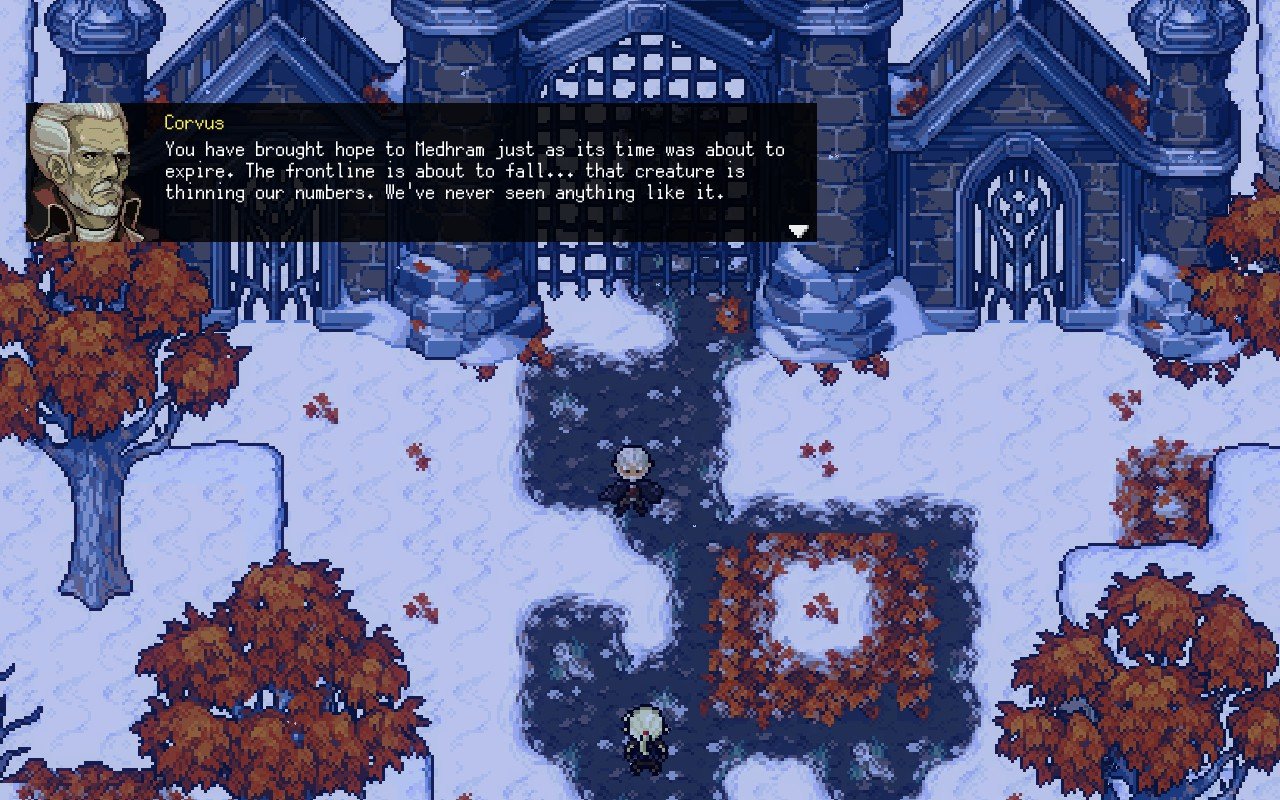
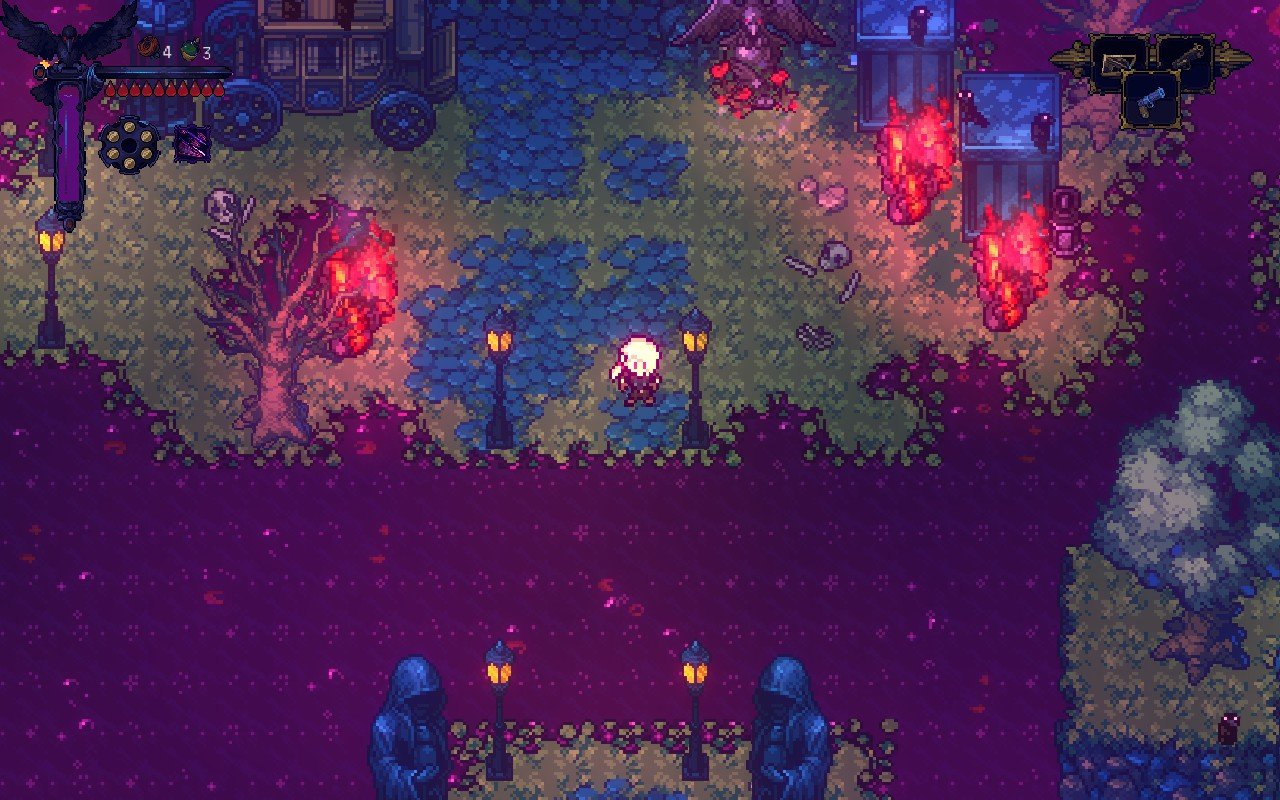
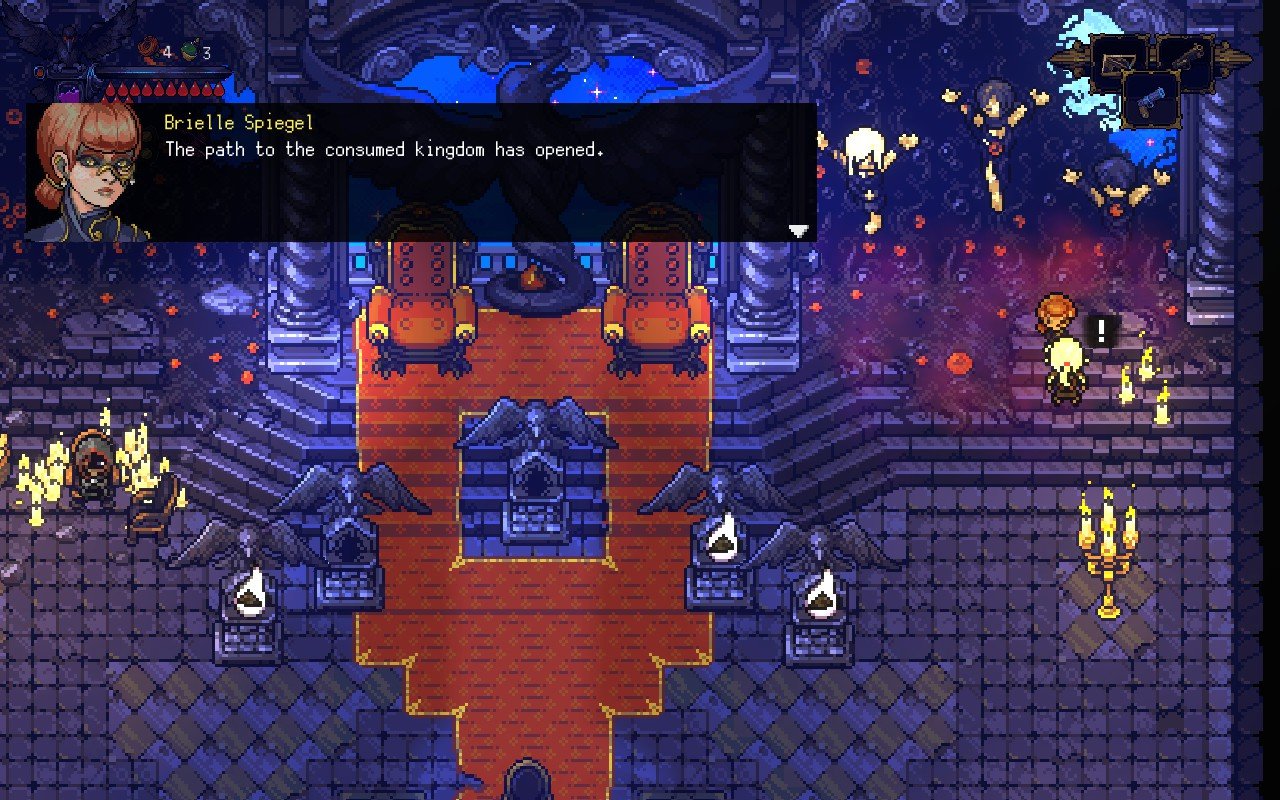

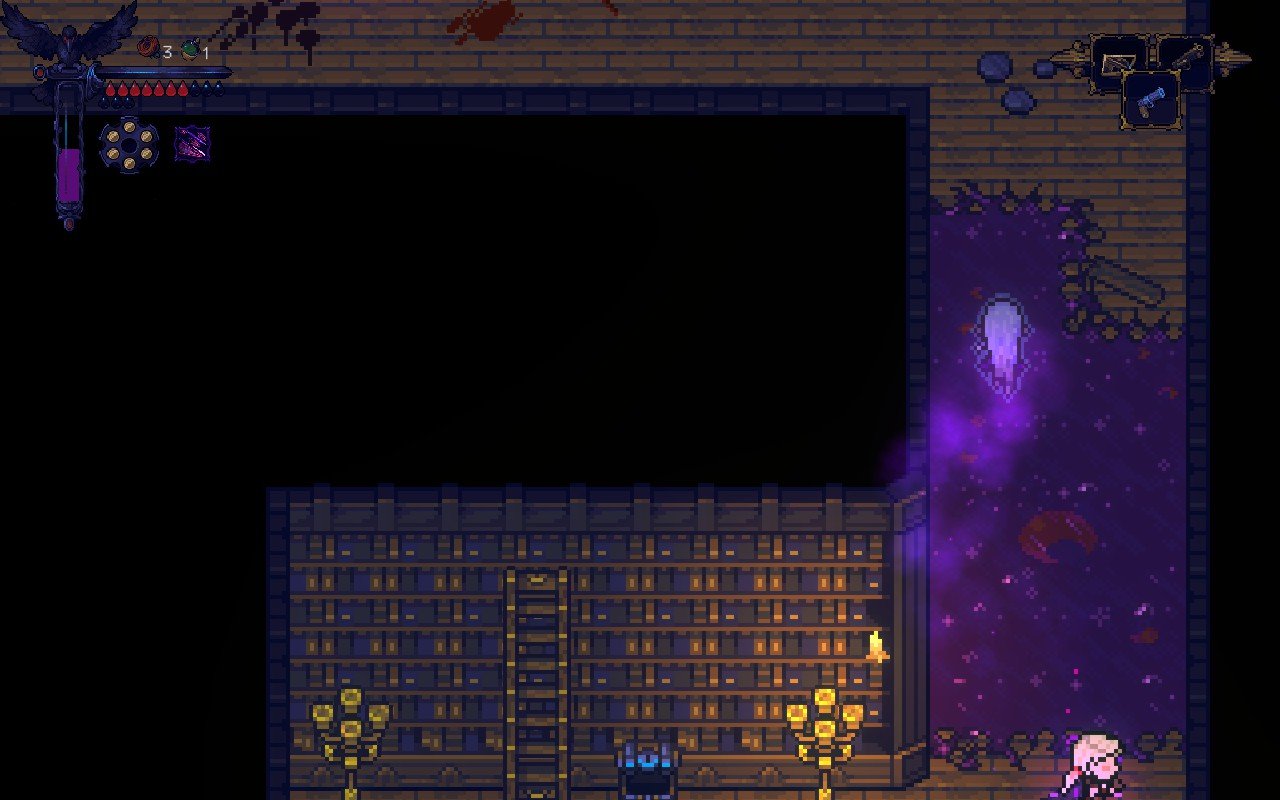

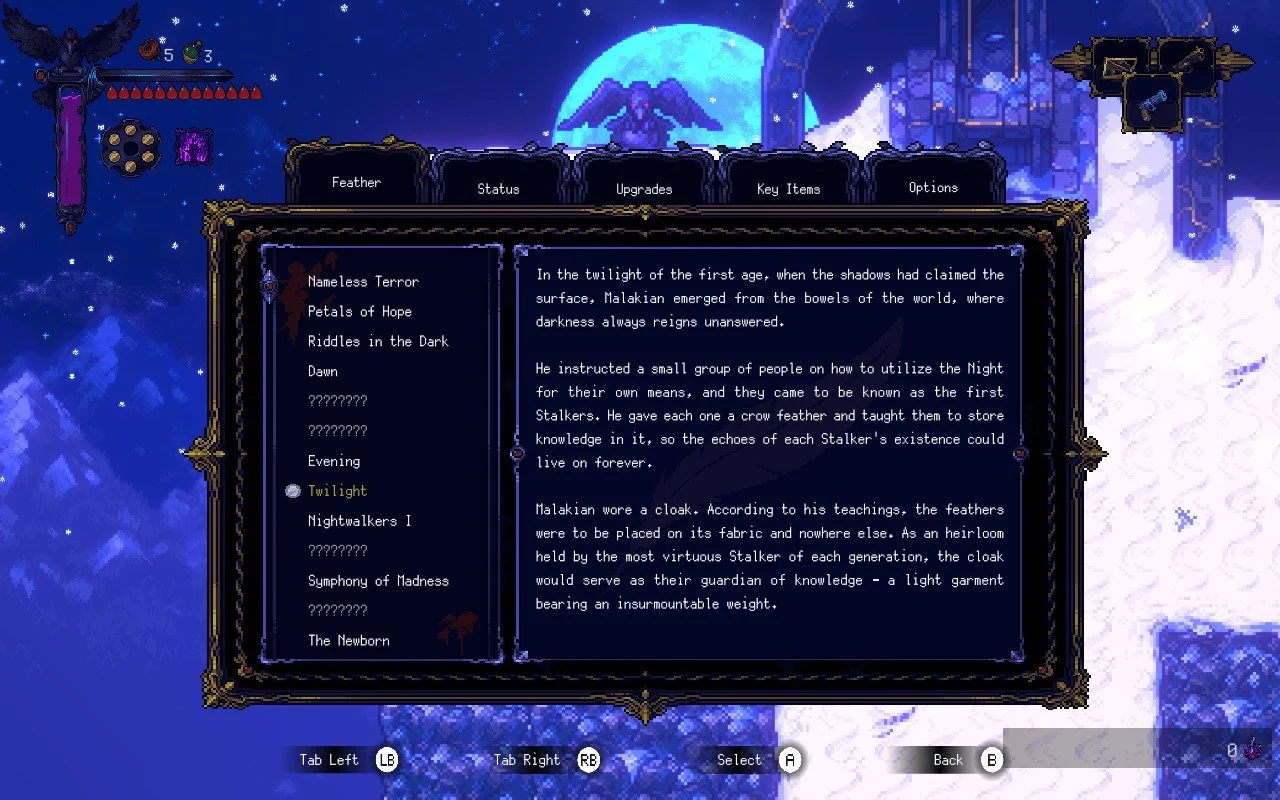

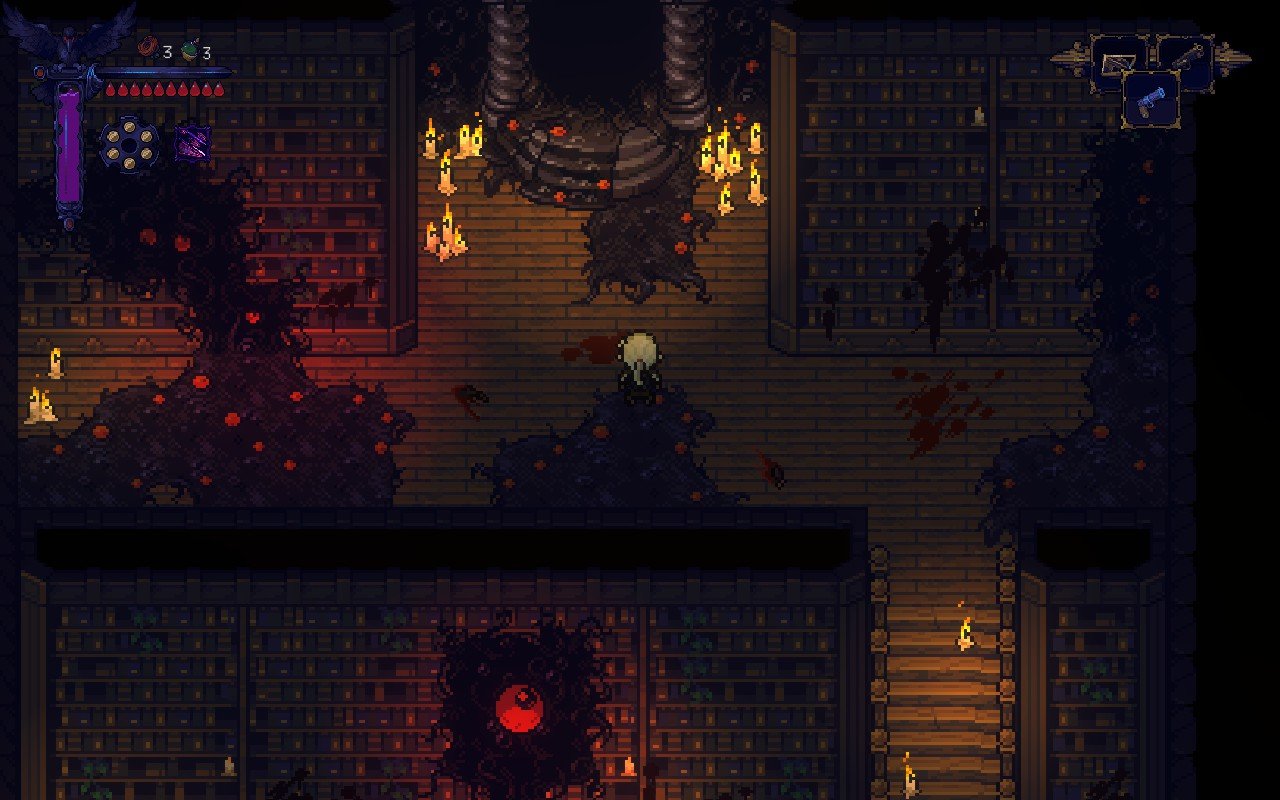
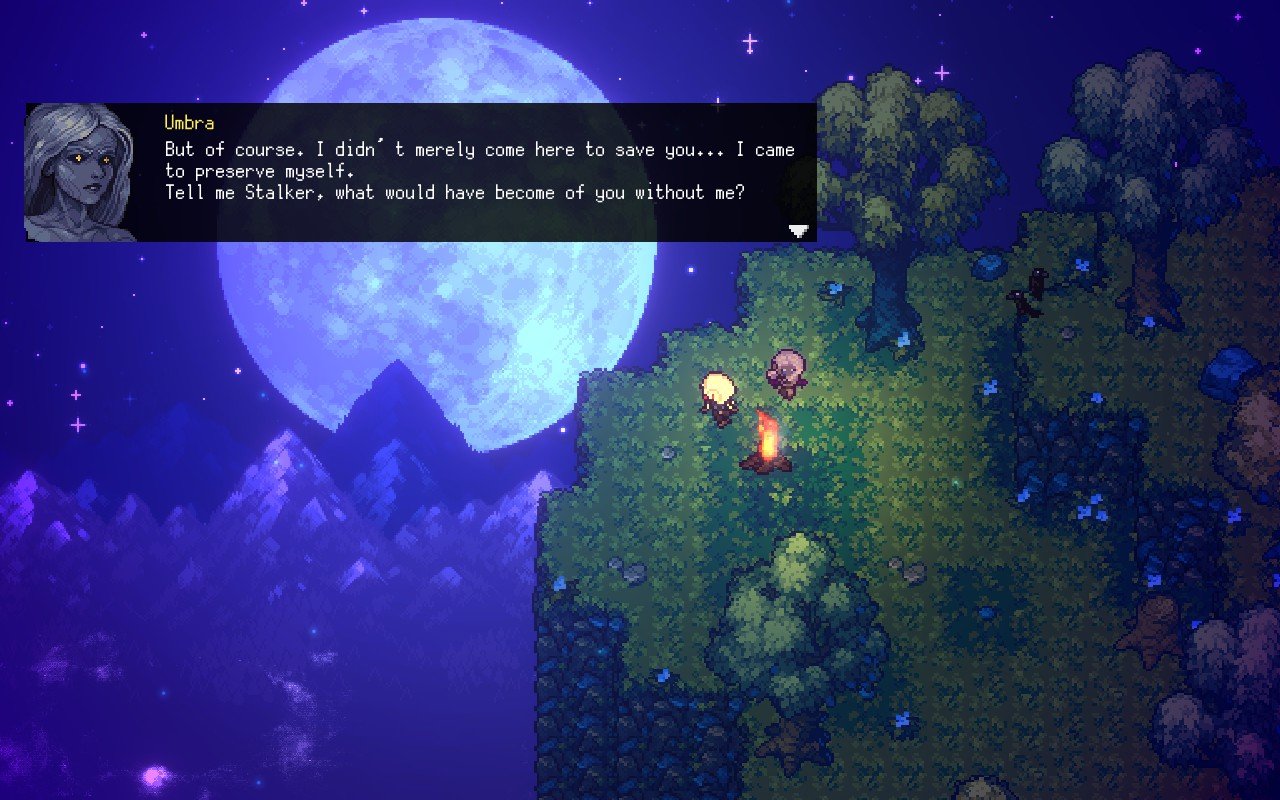

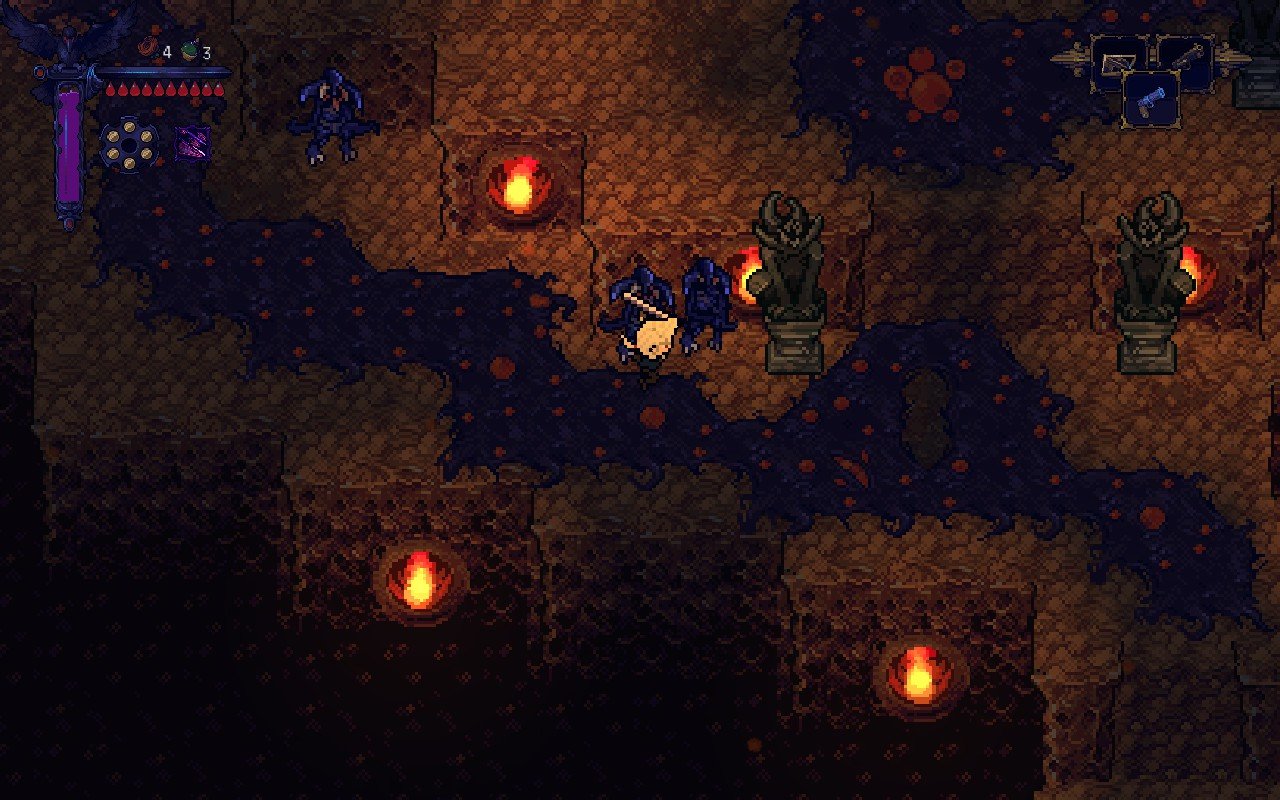

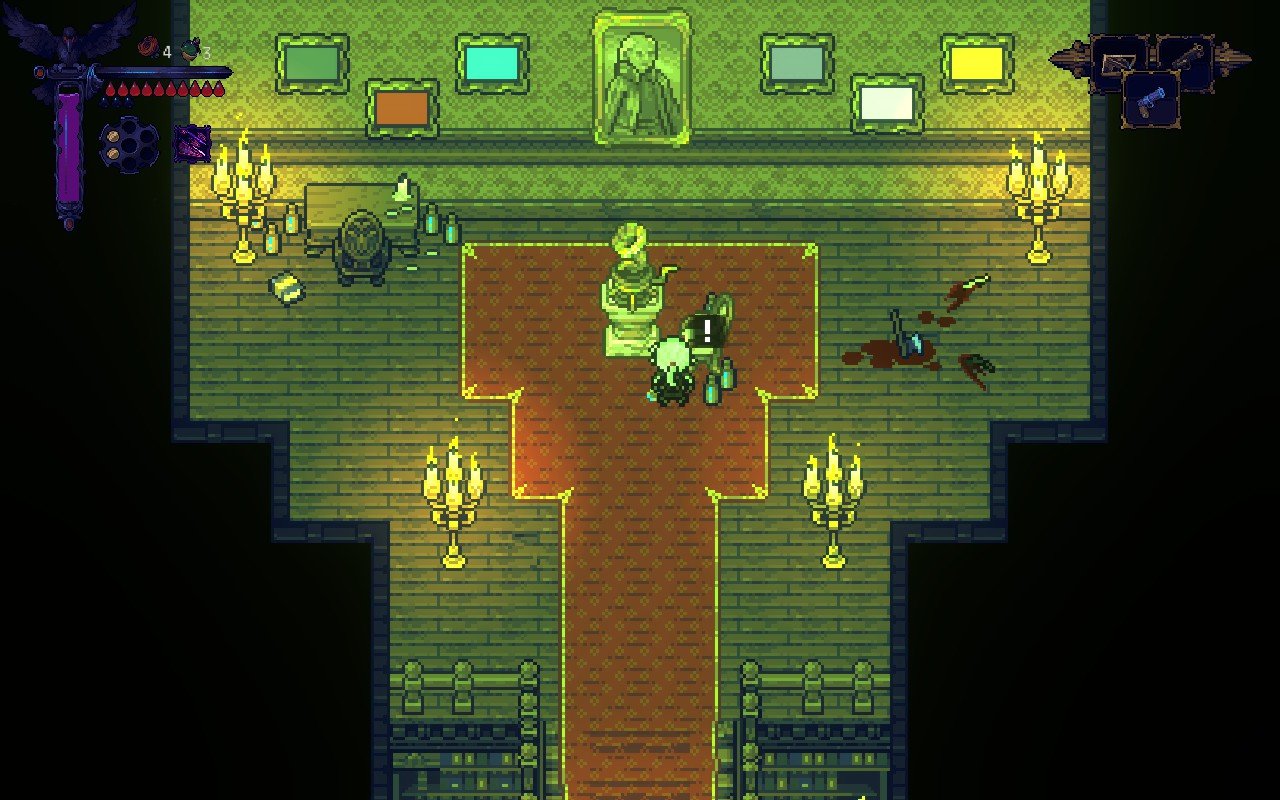

Jeff is the original founder of Analog Stick Gaming. His favorite games include The Witcher III, the Mass Effect Trilogy, Hi-Fi Rush, Stellar Blade, Hellbade: Senua’s Sacrifice, and the Legend of Heroes series, especially Trails of Cold Steel III & IV.